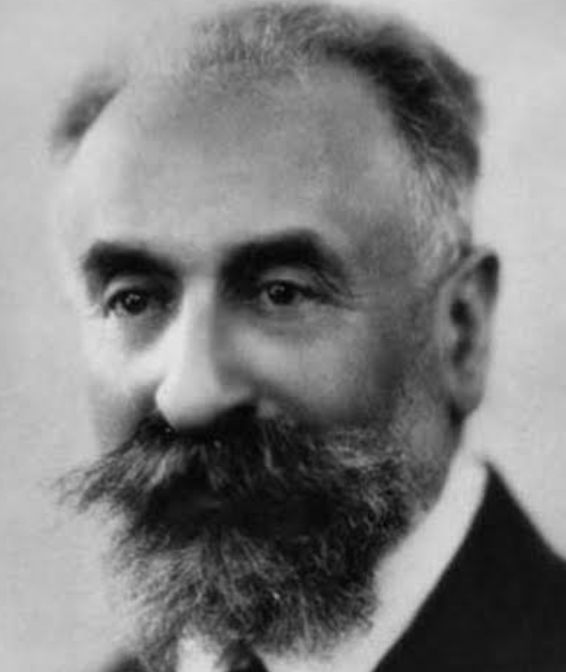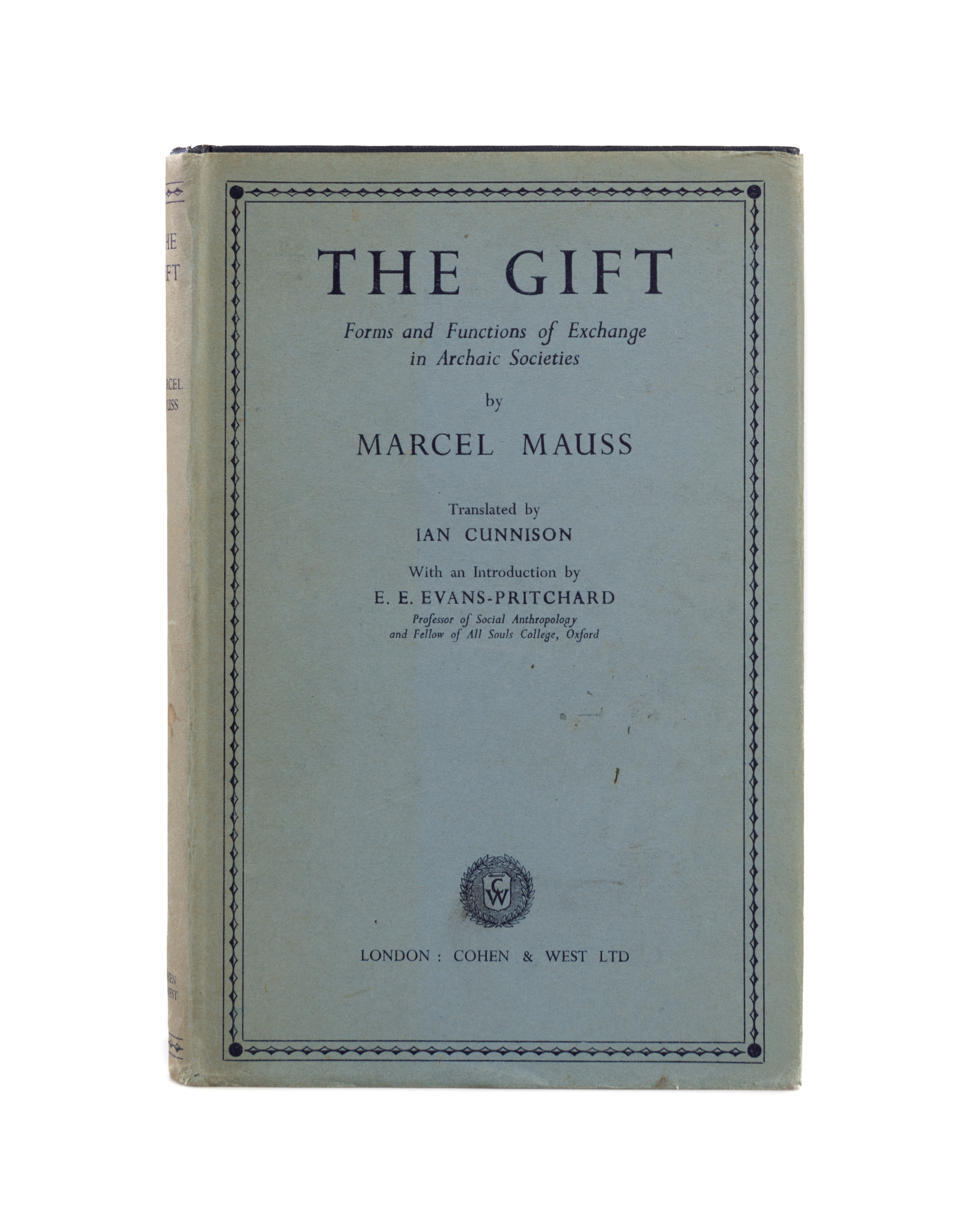

Those who give their food will improve their reputation but do not oblige reciprocation to the recipients (Bliege Bird et al., 2018 Kitanishi, 1998 Ready and Power, 2018). Food sharing in hunter-gatherer societies generally belongs to such gifts. Other researchers, in contrast, emphasise that some gifts are donated to seek acknowledgement without expecting reciprocation (Moriyama, 2021).

By reciprocating appropriately (sometimes with amplification), one’s reputation is maintained (Malinowski, 1922 Mauss, 1923 Strathern, 1971). For instance, chiefs and big men in Polynesian and Native American communities exchange assets such as livestock or ornaments in this way at nuptials, funerals, war compensation, trade, and various rituals. Particularly, reciprocation unites people, whereas those who fail to reciprocate lose their reputations and become subordinate to donors. Anthropologists have observed three obligations of the gift: to give, to receive, and to reciprocate (Mauss, 1923). Gifts establish social relationships through the transference of goods in many societies. It provides the basic mechanistic explanation for social evolution and integrates microscopic and macroscopic theories in social sciences. The constructive simulation study, as presented here, explains how people’s interactions shape various social structures in response to environmental conditions. Statistical analysis using the Standard Cross-Cultural Sample, a global ethnographic database, empirically verifies the theoretical results. Simultaneously, network structures shift from bands to tribes and then, chiefdoms. Through simulation, we demonstrate that, as the frequency and scale of gifts increase, economic and social disparities successively arise. Gifts and reciprocation strengthen relationships. In the model, people give their wealth to each other, produce wealth, and reciprocate for the gift. We build the model by idealising gift interactions and simulating the consequent social changes due to long-term massive interactions. Here, we focus on gifts as the driving force for such changes. However, the factors and mechanisms that cause the transition between these types have hardly been explained. Social networks characterise different types of social organisations including bands of small kin groups, tribal unions of families, and hierarchically organised chiefdoms. The totality of such social relationships constitutes a network. Anthropologists have observed that gifts bring goods to the recipient and honour to the donor in many human societies.


 0 kommentar(er)
0 kommentar(er)
